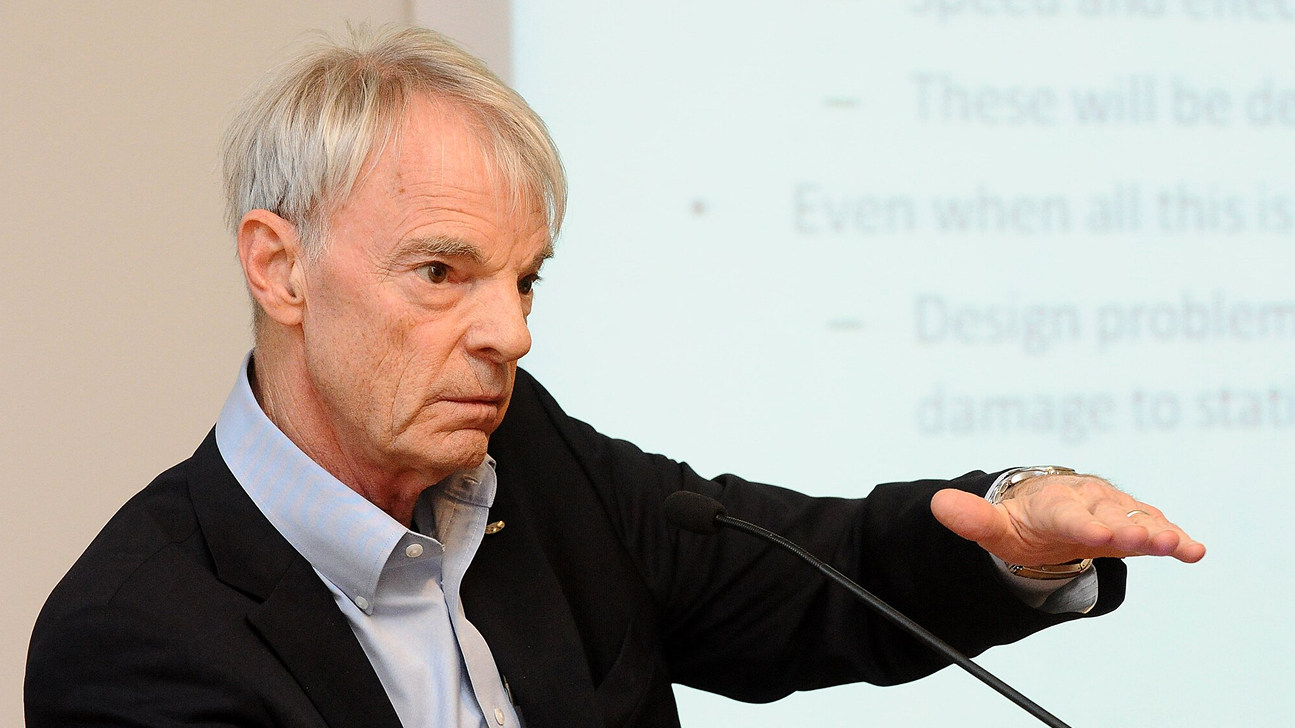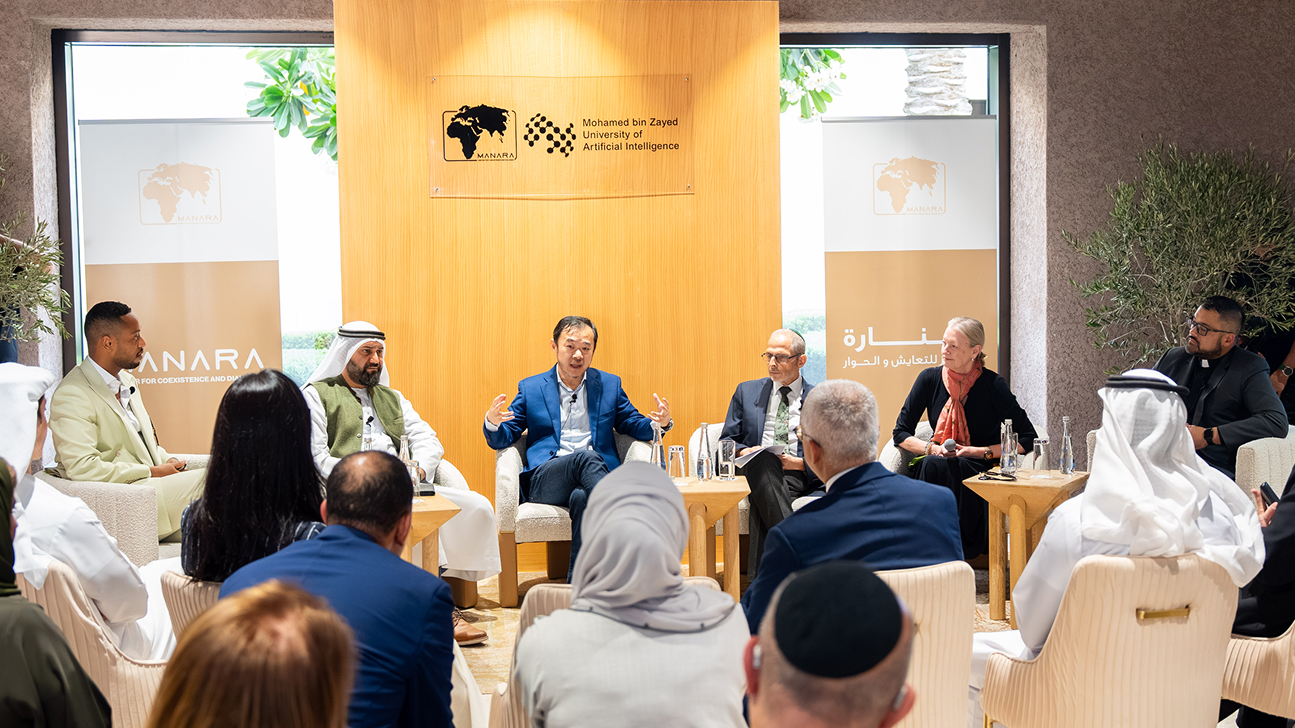Computing in the Post-Moore Era
Tuesday, April 02, 2024
Information technology (IT) has emerged as an indispensable pillar in our daily lives. This sustained proliferation of IT platforms for five decades has been thanks to an exponential increase in silicon density and efficiency, a phenomenon recognized broadly as Moore’s Law in honor of Intel’s co-founder, Gordon Moore. Unfortunately, like many exponentials Moore’s Law has also slowed down in recent years due to reaching the limits of physics in transistor miniaturization and will soon stop. Meanwhile, the insatiable appetite for computing continues to grow at an exponential rate with the global expansion of digital services and digitization of industries, thanks to data deluge and AI. The net result is that “without Moore, we will build more” with ramifications for overall energy consumption in, and emissions due to, IT platforms. In this talk, I will outline the key research challenges and opportunities to pave the way for computing in the post-Moore era. I will also present concrete examples of post-Moore technologies I have helped develop in the datacenter space.
Post Talk Link: Click Here
Passcode: E2H@O.mD
Speaker/s
Babak is a Professor of Computer and Communication Sciences at EPFL and founder of EcoCloud. His contributions to computer systems include the first NUMA multiprocessors built by Sun Microsystems (WildFire/WildCat), memory streaming integrated in IBM BlueGene (temporal streaming) and ARM cores (spatial streaming), and performance evaluation methodologies in use by AMD, HP and Google PerfKit. He has shown that memory consistency models widely adopted in all CPUs are neither necessary nor sufficient to achieve high performance in servers. These results led to fence speculation in modern CPUs. His work on workload-optimized server processors laid the foundation for the first generation of Cavium ARM server CPUs, ThunderX. He is a recipient of an Alfred P. Sloan Research Fellowship, and a fellow of ACM and IEEE.
Related
Nobel Laureate Michael Spence on how AI is redefining the global economy
Nobel Prize-winning economist Michael Spence explains how AI is reshaping the economic landscape and what is needed.....
- digital policy ,
- governance ,
- Nobel Prize ,
- guest talk ,
- guest lecture ,
- economics ,
- Economy ,
- Undergraduate ,
Understanding faith in the age of AI
MBZUAI hosted a panel discussion in collaboration with the Manara Center for Coexistence and Dialogue focused on.....
- connection ,
- discussion ,
- religion ,
- spirituality ,
- faith ,
- conversation ,
- panel ,
- Human–computer interaction ,

